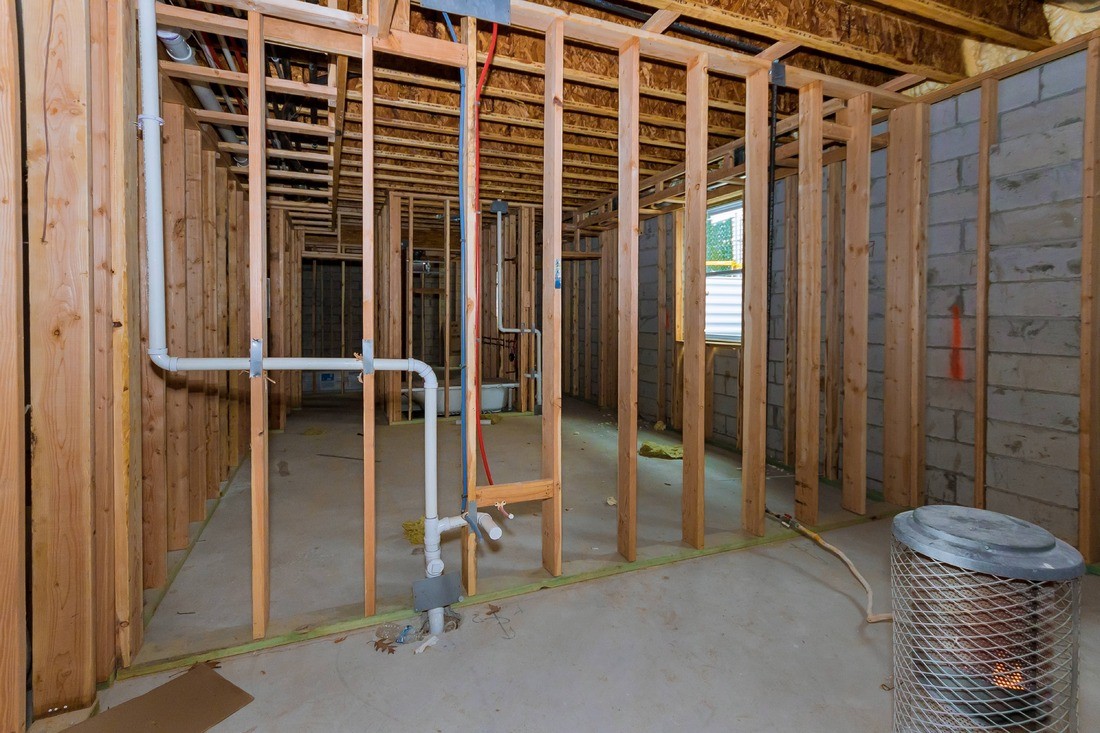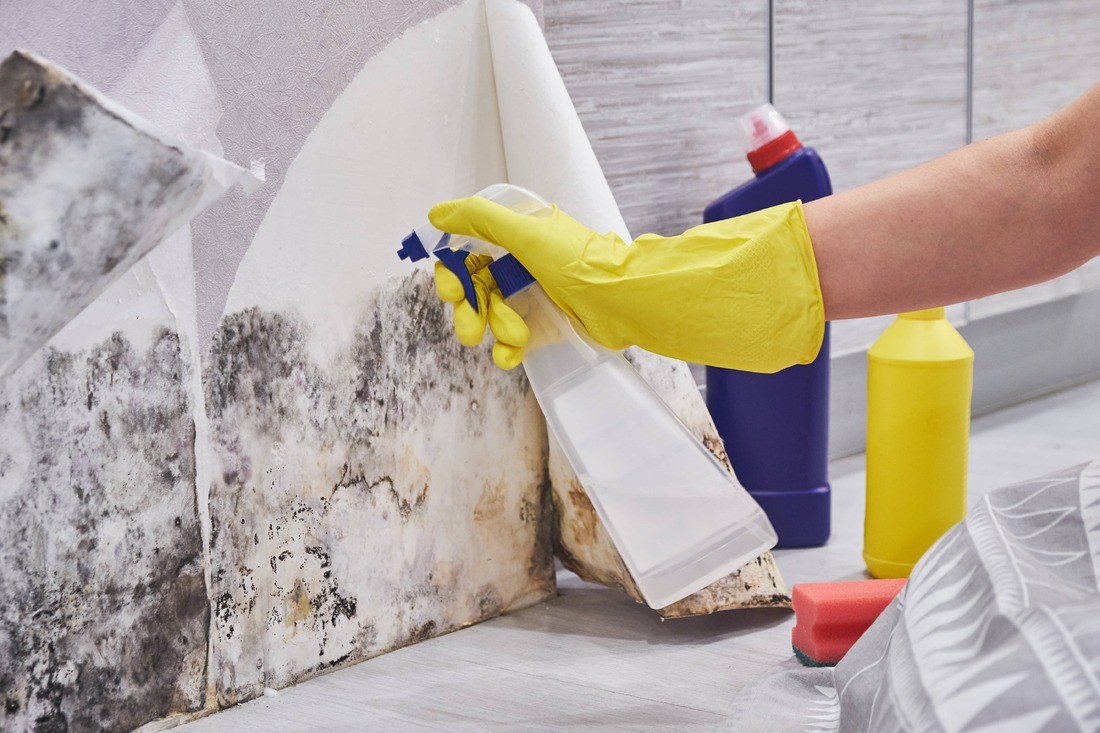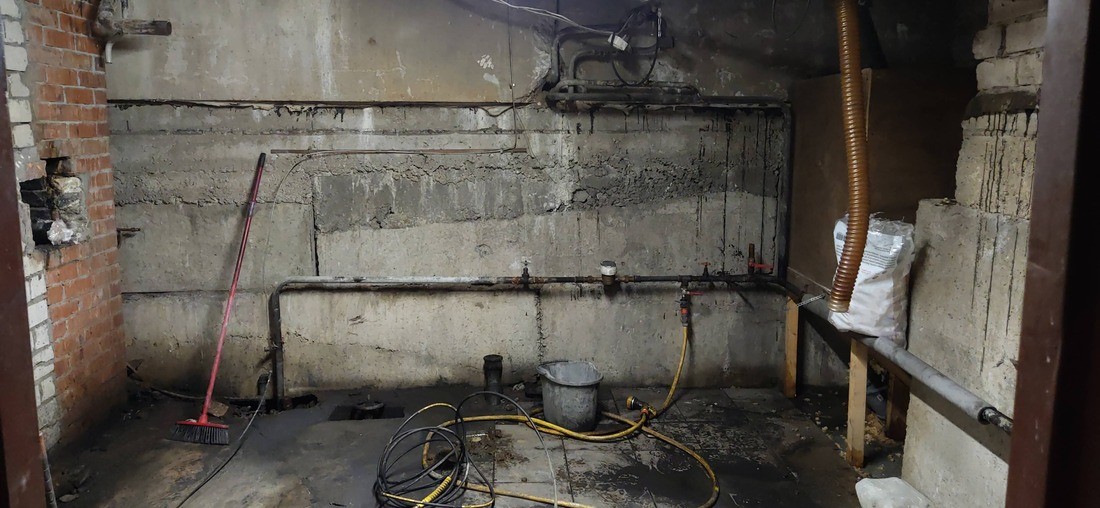
Introduction
Basement waterproofing is an essential step in maintaining the integrity of your home and preventing water damage. By implementing DIY projects, you can address common issues and protect your basement from flooding, leaks, and moisture buildup. In this comprehensive guide, we will explore various angles of basement waterproofing, providing detailed information and step-by-step instructions for different DIY projects.
The Importance of Basement Waterproofing
Before diving into the DIY projects, let’s understand why basement waterproofing is crucial. A wet or damp basement can lead to significant problems such as mold growth, structural damage, and compromised air quality. Waterproofing your basement helps protect your home’s foundation, prevents costly repairs, and creates a healthier living environment.
Common Causes of Basement Water Damage
Basement flooding can occur due to several reasons, including inadequate drainage, heavy storms, faulty sump pumps, or appliance failure. It’s important to identify the root cause to implement effective solutions for your specific situation.

The Impact of Basement Water Damage
Basement flooding can result in damage to the foundation, drywall, carpet, hardwood floors, furniture, and other belongings. Understanding the potential consequences emphasizes the need for proactive basement waterproofing.
DIY Basement Waterproofing Projects
Here are some DIY projects that you can undertake to effectively waterproof your basement:
1. Exterior Foundation Waterproofing
Exterior foundation waterproofing involves creating a barrier between the foundation walls and groundwater. This project typically includes excavating around the foundation, applying a waterproof coating, and installing drainage systems.
2. Interior French Drain Installation
An interior French drain is an effective solution for managing basement water buildup. This project involves installing a perforated drain pipe and gravel bed along the perimeter of the basement to collect and divert groundwater.
3. Basement Wall Sealing
Sealing basement walls can prevent moisture penetration and potential leaks. This project typically involves cleaning the walls, applying a waterproof sealant, and ensuring proper curing.

4. Sump Pump Installation
A sump pump is a crucial component of any basement waterproofing system. Installing a sump pump involves excavation, creating a sump pit, and connecting the pump to a drainage system to remove water from the basement.
5. Gutter Maintenance
Proper gutter maintenance is vital for preventing basement water damage. Regularly cleaning and inspecting gutters and downspouts ensures efficient water flow, preventing overflow and water accumulation near the foundation.
6. Window Well Installation
Window wells help prevent water from seeping into basement windows, especially in below-grade spaces. Installing window wells involves excavation, proper sizing, and ensuring proper drainage away from the foundation.
7. Crack Repair
Cracks in the basement walls or floor can be a significant entry point for water. Repairing these cracks using epoxy or polyurethane injections helps seal the openings and prevent further water intrusion.
8. Dehumidifier Installation
Installing a dehumidifier can help control humidity levels in the basement, reducing the risk of mold and mildew growth. Choose a properly sized dehumidifier and ensure proper maintenance and regular emptying of collected water.
Basement Waterproofing Maintenance
Once you have completed the necessary DIY basement waterproofing projects, it’s essential to maintain them to ensure long-term effectiveness. Regular cleaning, inspecting, and addressing any issues promptly will help prevent future water damage.
Contact Us
If you require professional assistance or need help with complex basement waterproofing projects, JGW Group Water Damage Restoration Deerfield Beach is here to help. Contact us at 754-294-5717 or visit our website for more information about our basement waterproofing services.
FAQ
Q: How can I prevent basement flooding during heavy rainstorms?
Q: What are common signs of basement water damage?
Remember, taking proactive measures to waterproof your basement can save you time, money, and stress in the long run. Implementing these DIY projects and ensuring proper maintenance will help you create a dry and functional basement space.



